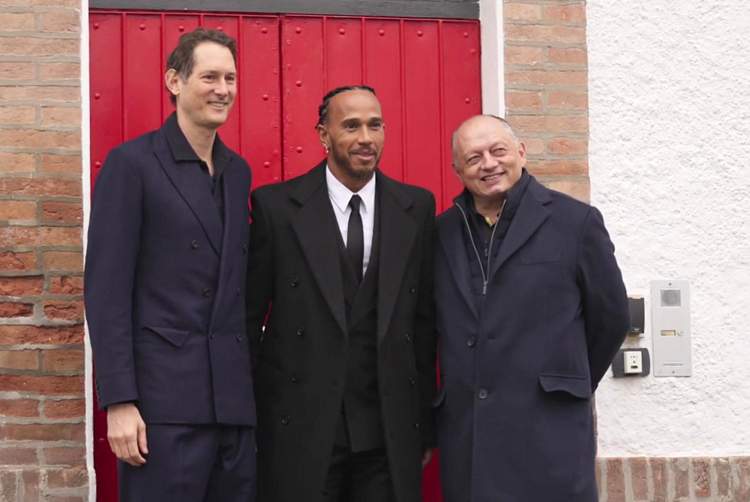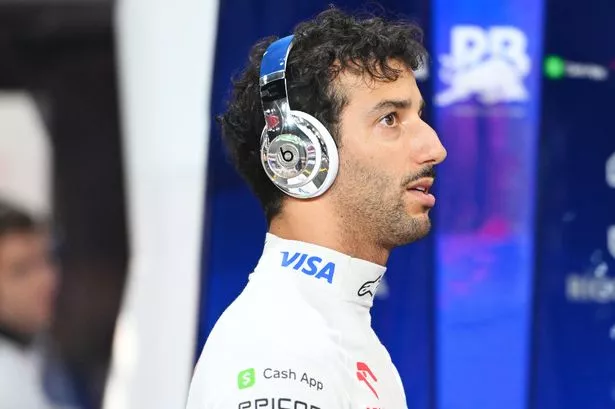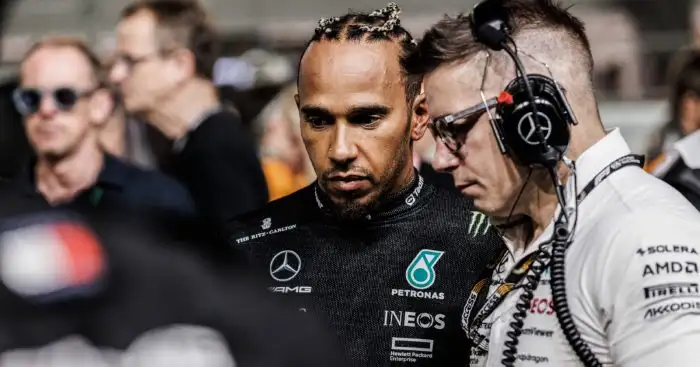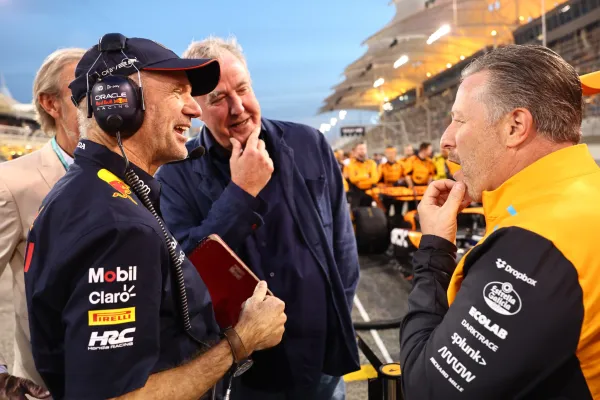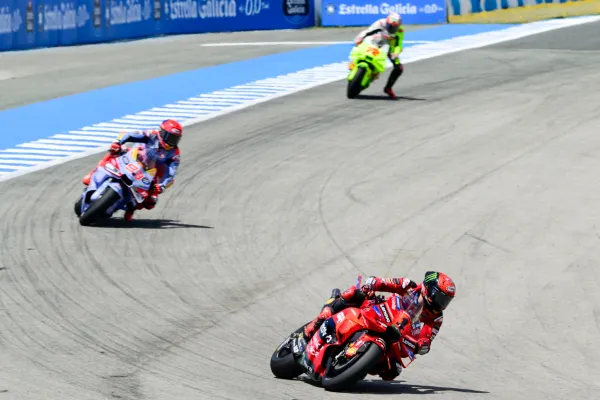Alpine Eyes External Power Unit as Famin Moves Roles
Alpine is undergoing a significant restructuring, and one of the most notable changes is the departure of Bruno Famin from the role of Team Principal, a position he held for just 12 months. With this transition, Alpine is exploring new strategies, including the possibility of opting for an external power unit supply.
Luca de Meo, CEO of the Renault Group – which owns the Alpine brand – has brought Flavio Briatore back as an executive advisor to guide the team through this period of transformation. Alpine has ambitious goals and aims to return to the top of the grid, a goal that seemed within reach after a strong performance in 2022 but has faced challenges recently, including the departure of senior staff and a drop in performance.
With Famin’s departure, announced during a press conference at the Belgian Grand Prix, Alpine is considering a significant strategic shift. Famin explained that the team is exploring the possibility of reallocating resources from their F1 engine development in Viry, France, to other areas of the Alpine business, such as road cars, hydrogen powertrains, or other motorsport projects, including the World Endurance Championship.
Current discussions are focused on the possibility of Alpine acquiring power units from external suppliers for the 2026 season. Mercedes is one of the main options being considered, and Toto Wolff, Mercedes’ team principal, has already expressed openness to supplying engines to a new team in 2026, replacing Aston Martin, which will switch to Honda engines from that season.
The decision to seek an external engine supplier is part of a larger effort to optimize resources and ensure that Alpine can compete at the highest level with the best available resources. The team hopes that by switching to an externally supplied power unit, they can focus more resources and investments on developing new products and technologies for the brand.
The study for this potential change is a complex process involving many stakeholders, including Renault executives, trade unions, and local authorities. While still in the evaluation phase, Alpine is committed to making the transition as smooth as possible for its employees, ensuring job continuity for everyone involved.
With these changes, Alpine aims not only to improve its performance in F1 but also to position itself better for the future, leveraging available resources and exploring new technological and market opportunities. The restructuring and potential move to an external engine supplier are crucial steps in achieving these ambitious goals and turning around the team’s current situation.


